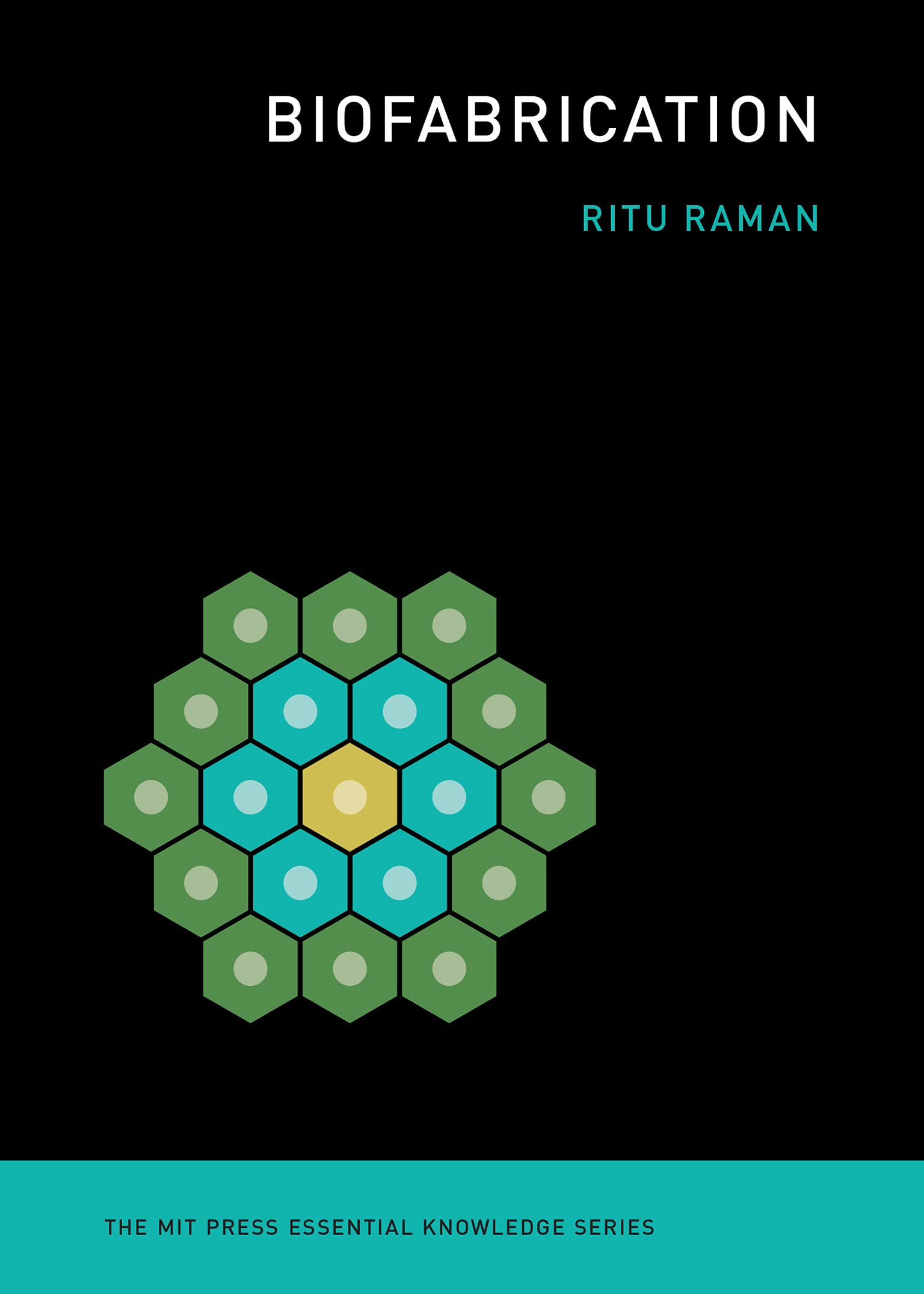
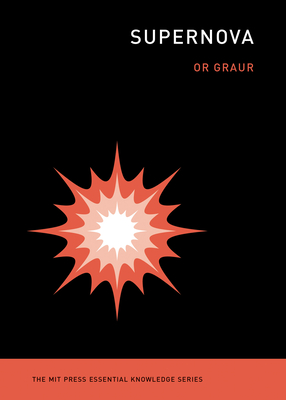
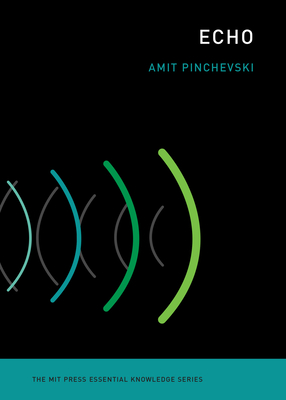
The MIT Press Essential Knowledge
Series · 12
books · 2021-2023
Books in series

#73
Biofabrication
2021
How engineered materials and machines powered by living biological cells can tackle technological challenges in medicine, agriculture, and global security.
You are a biological machine whose movement is powered by skeletal muscle, just as a car is a machine whose movement is powered by an engine. If you can be built from the bottom up with biological materials, other machines can be as well. This is the conceptual starting point for biofabrication, the act of building with living cells—building with biology in the same way we build with synthetic materials. In this volume in the MIT Press Essential Knowledge series, Ritu Raman offers an accessible introduction to biofabrication, arguing that it can address some of our greatest technological challenges.
After presenting the background information needed to understand the emergence and evolution of biofabrication and describing the fundamental technology that enables building with biology, Raman takes deep dives into four biofabrication applications that have the potential to affect our daily lives: tissue engineering, organs-on-a-chip, lab-grown meat and leather, and biohybrid machines. Organs-on-a-chip (devices composed of miniature model tissues), for example, could be used to test new medicine and therapies, and lab-grown meat could alleviate environmental damage done by animal farming. She shows that biological materials have abilities synthetic materials do not, including the ability to adapt dynamically to their environments. Exploring the principles of biofabrication, Raman tells us, should help us appreciate the beauty, adaptiveness, and persistence of the biological machinery that drives our bodies and our world.

#76
Supernova
2022
A concise illustrated introduction to the history and physics of supernovae, the brilliant explosions of stars; with striking color illustrations.
Supernovae are the explosions of stars. They are some of the most energetic phenomena in the Universe, rivaling the combined light of billions of stars. Supernovae have been studied for centuries, and they have also made appearances in popular a glimpse of a supernova in a painting provides Sherlock Holmes with a crucial clue, for example. In this volume in the MIT Press Essential Knowledge series, astrophysicist Or Graur offers a concise and accessible introduction to these awe-inspiring astronomical phenomena.
Graur explains that a deep observational understanding of supernovae—why and how they shine and how their brightness changes over time—allows us to use them as tools for experiments in astrophysics and physics. A certain type of supernova, for example, brightens and fades in such a predictable manner that we can measure the distances to their host galaxies. We owe our existence to supernovae—they give us iron for our blood and calcium for our bones. But supernovae may also have caused a mass extinction event on Earth 2.6 million years ago.
Graur shows how observations of supernovae played a role in the transformation of astronomy from astrology to astrophysics; surveys the tools used to study supernovae today; and describes the lives and deaths of stars and the supernova remnants, neutron stars, and black holes they leave behind. Illustrations in both color and black and white, many from Graur’s own Hubble Space Telescope data, make this account of supernovae particularly vivid.

#77
Echo
2022
An exploration of echo not as simple repetition but as an agent of creative possibilities.
In this volume in the MIT Press Essential Knowledge series, Amit Pinchevski proposes that echo is not simple repetition and the reproduction of sameness but an agent of change and a source of creation and creativity. Pinchevski views echo as a medium, connecting and mediating across and between disparate domains. He reminds us that the mythological Echo, sentenced by Juno to repeat the last words of others, found a way to make repetition expressive. So too does echo introduce variation into sameness, mediating between self and other, inside and outside, known and unknown, near and far. Echo has the potential to bring back something unexpected, either more or less than what was sent.
Pinchevski distinguishes echo from the closely related but sometimes conflated reflection, reverberation, and resonance; considers echolalia as an active, reactive, and creative vocalic force, the launching pad of speech; and explores echo as a rhetorical device, steering between appropriation and response while always maintaining relation. He examines the trope of echo chamber and both destructive and constructive echoing; describes various echo techniques and how echo can serve practical purposes from echolocation in bats and submarines to architecture and sound recording; explores echo as a link to the past, both literally and metaphorically; and considers echo as medium using Marshall McLuhan’s tetrad.
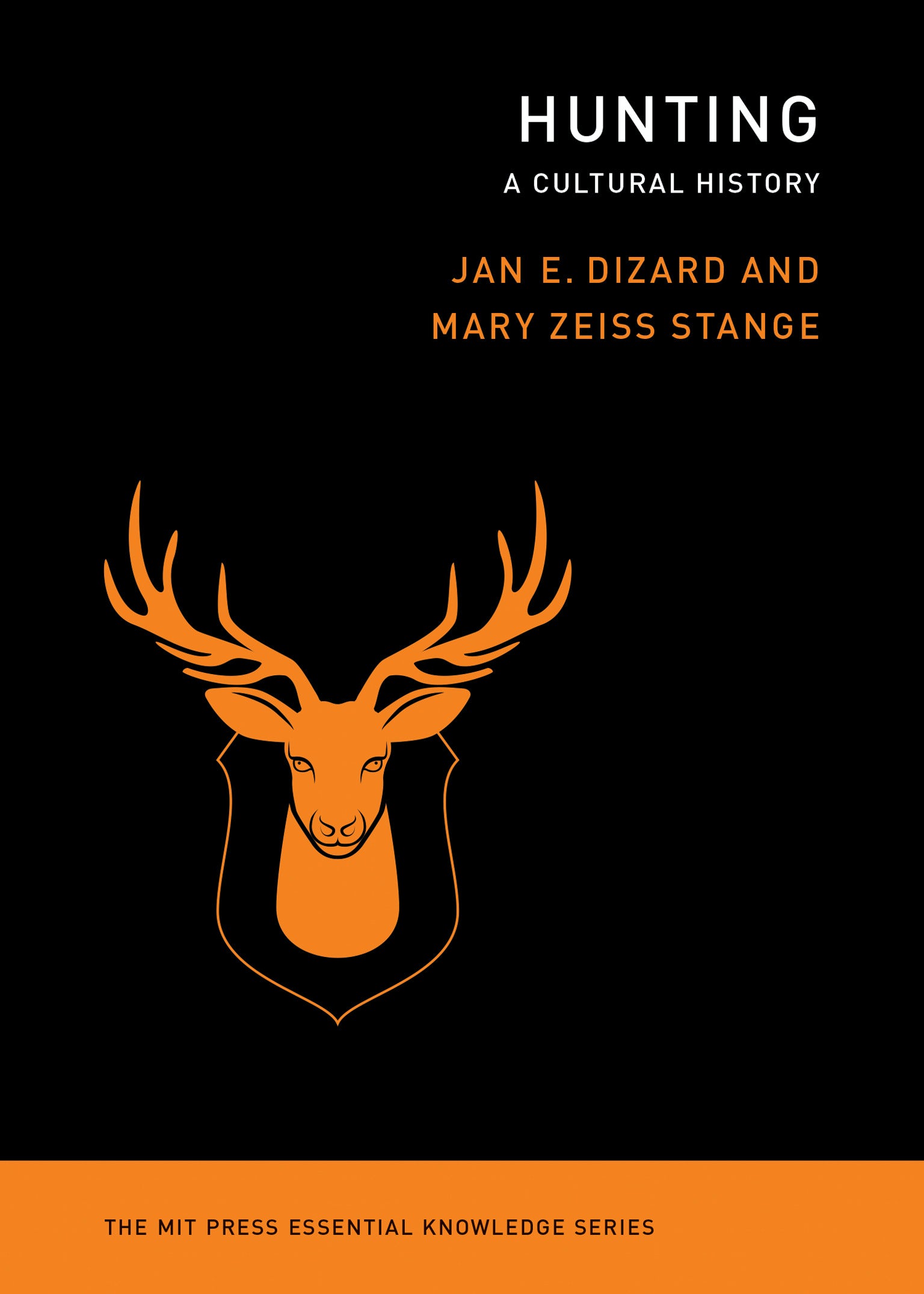
#82
Hunting
A Cultural History
2022
The history of hunting, from Stone Age hunter-gatherers to today's sport hunters.
Hunting has a long history, beginning with our hominid ancestors. The invention of the spear allowed early humans to graduate from scavenging to actual hunting. The famous cave paintings at Lascaux show a meticulous knowledge of animal behavior and anatomy that only a hunter would have. This volume in the MIT Press Essential Knowledge series traces the evolution of hunting, from Stone Age hunting and gathering to today's regulated sport hunting.
Humans have been hunting since we became human—but did hunting make us human? The authors consider and question the "hunting hypothesis of human origins," noting that according to this theory, "hunting" meant hunting by men. They explore hunting in the Stone Age and how, beginning some ten thousand years ago, the spread of agriculture led to the emergence of empires and attempts by elites to monopolize hunting. They examine the democratization of hunting in the American colonies and how hunters decimated, but then, in the twentieth century, rallied to save game animals from extinction. They describe how some European and postcolonial societies have managed wildlife and hunting, consider the difficulties of living with abundant wildlife—even as many nongame species are disappearing—and trace the implications of the increasing participation of women in hunting for the future of hunting.
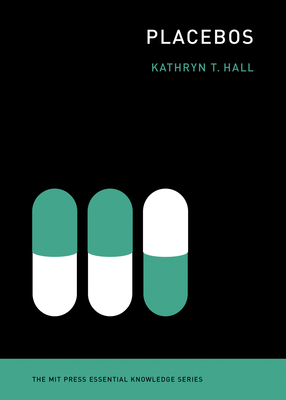
#83
Placebos
2022
The biological power of the placebo effect.
The power of placebos to ameliorate symptoms has been with us for centuries. Western medicine today is finding it increasingly difficult to ignore the efficacy of placebos. In some clinical trials with placebos as controls, inert or sham replicas of active pharmaceutical drugs and even sham surgeries have been found to be as beneficial as the intervention being tested. In this volume in the MIT Press Essential Knowledge series, Kathryn Hall examines the power of placebos, showing how their effects can influence our clinical trials, clinical encounters and, collectively, Hall argues, our public health.
Hall, who has studied the placebo effect for years, reviews the history of the placebo in medicine, tracing its evolution from quackery and patent medicine to its use as a control in clinical trials. She considers the ways that expectations and learning affect our response to placebos; advances in neuroimaging that reveal the inner workings of the placebo effect; the “nocebo” effect; placebo controls in randomized clinical trials; and the use of psychological profiles and genetics to predict individual placebo response. The effects of placebos have been hiding in plain sight; with this book, Hall helps bring them into clearer view.
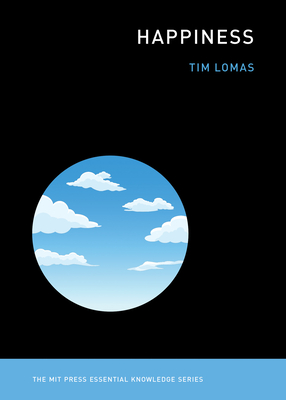
#84
Happiness
2023
A concise and engaging exploration of how we understand happiness.
What does it mean to feel happiness? As a state of mind, it’s elusive. As a concept—despite the plethora of pop psychology books on the subject—it’s poorly understood. In this volume in the MIT Press Essential Knowledge series, psychologist Tim Lomas offers a concise and engaging overview of our current understanding of happiness. Lomas explains that although the field of positive psychology, which focuses on happiness, emerged only in the last twenty-five years, interest in the meaning of happiness goes back several millennia. Drawing on a variety of disciplines, from philosophy and sociology to economics and anthropology, Lomas offers an expansive vision of what happiness means, exploring a significant range of experiential territory.
After considering such related concepts as wellbeing and flourishing, Lomas traces ideas of happiness from the ancient Buddhist notions of sukha and nirvana through Aristotle’s distinction between hedonic and eudaemonic happiness to today’s therapeutic and scientific approaches. He discusses current academic perspectives, looking at the breadth of happiness research across disciplines; examines the mechanics of happiness—the physiological, psychological, phenomenological, and sociocultural processes that make up happiness; explores the factors that influence happiness, both individual and social; and discusses the cultivation of happiness.

#85
Memory
2023
"Short, accessible primer on human memory, written by two leading psychological researchers"—

#87
Espionage
A Concise History
2023
A concise introduction to the history and methods of espionage, illustrated by spy stories from antiquity to today's high-tech world.
Espionage is one of the most secret of human activities. It is also, as the popularity of spy stories suggests, one of the most intriguing. This book pulls the veil back on the real world of espionage, revealing how spying actually works. In a refreshingly clear, concise manner, Kristie Macrakis guides readers through the shadowy world of espionage, from the language and practice of spycraft to its role in international politics, its bureaucratic underpinnings, and its transformation in light of modern technology. Espionage is a mirror of society and human foibles with the added cloak of secrecy and deception. Accordingly, Espionage traces spying all the way back to antiquity, while also moving beyond traditional accounts of military and diplomatic intelligence to shine a light on industrial espionage and the new techno-spy. As thorough—and thoroughly readable—as it is compact, the book is an ideal introduction to the history and anatomy of espionage.
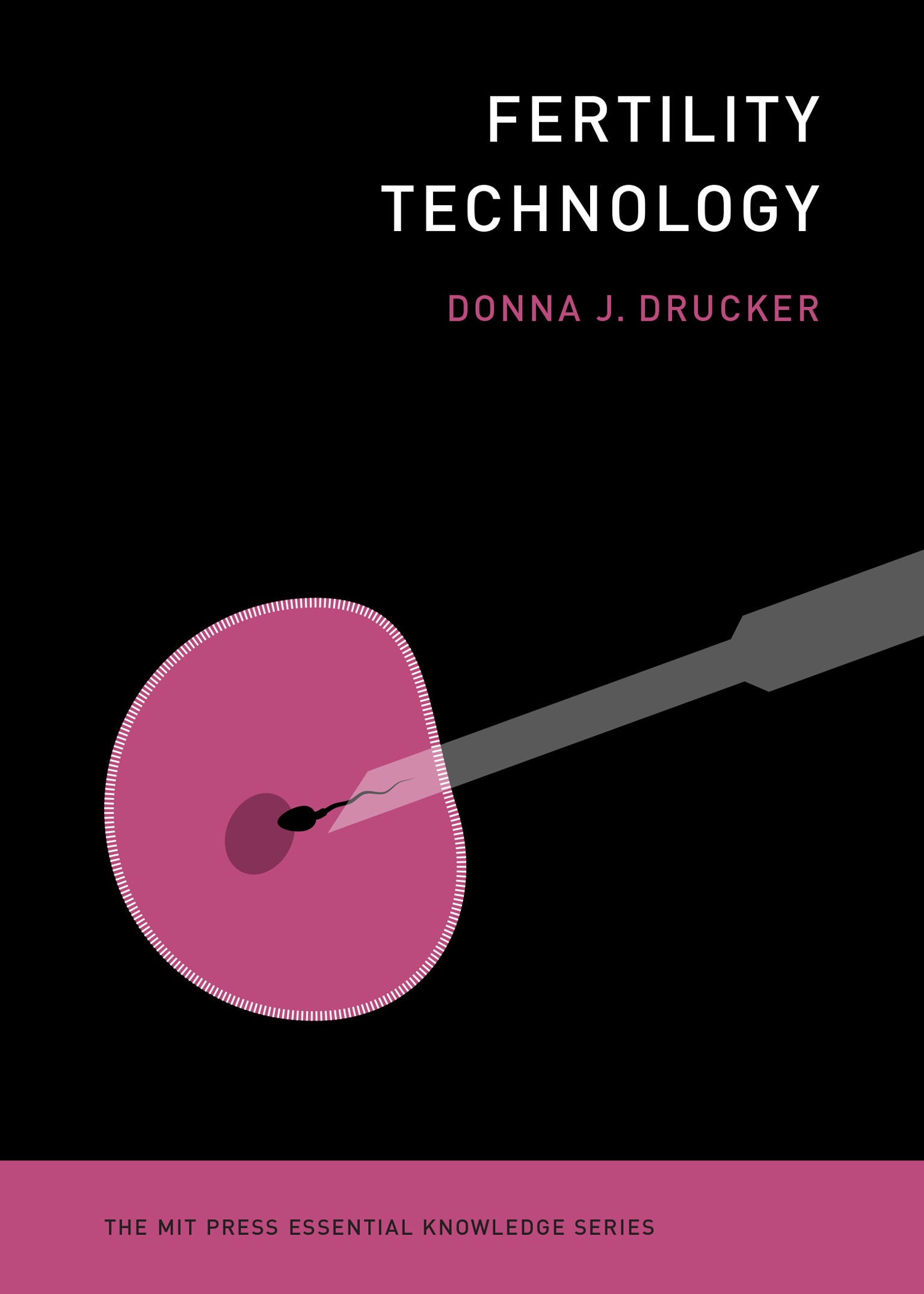
#88
Fertility Technology
2023
A concise overview of fertility technology—its history, practical applications, and ethical and social implications around the world.
In the late 1850s, a physician in New York City used a syringe and glass tube to inject half a drop of sperm into a woman's uterus, marking the first recorded instance of artificial insemination. From that day forward, doctors and scientists have turned to technology in ever more innovative ways to facilitate conception. Fertility Technology surveys this history in all its medical, practical, and ethical complexity, and offers a look at state-of-the-art fertility technology in various social and political contexts around the world.
Donna J. Drucker's concise and eminently readable account introduces the five principal types of fertility technologies used in human reproduction—artificial insemination; ovulation timing; sperm, egg, and embryo freezing; in vitro fertilization; and IVF in uterine transplants—discussing the development, manufacture, dispersion, and use of each. Geographically, it focuses on countries where innovations have emerged and countries where these technologies most profoundly affect individuals and population policies. Drucker's wide-ranging perspective reveals how these technologies, used for birth control as well as conception in many cases, have been critical in shaping the moral, practical, and political meaning of human life, kinship, and family in different nations and cultures since the mid-nineteenth century.
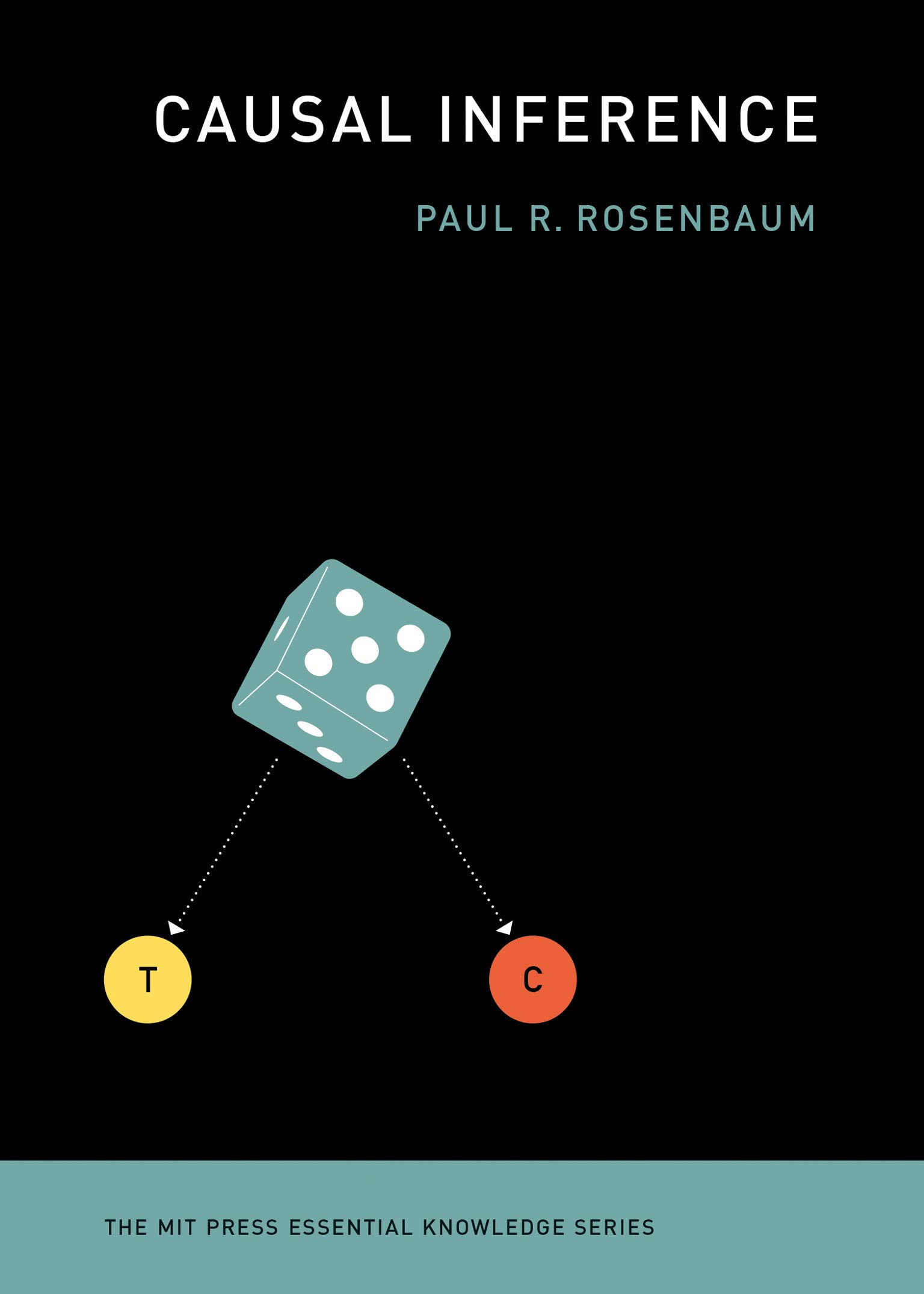
#89
Causal Inference
2023
A nontechnical guide to the basic ideas of modern causal inference, with illustrations from health, the economy, and public policy.
Which of two antiviral drugs does the most to save people infected with Ebola virus? Does a daily glass of wine prolong or shorten life? Does winning the lottery make you more or less likely to go bankrupt? How do you identify genes that cause disease? Do unions raise wages? Do some antibiotics have lethal side effects? Does the Earned Income Tax Credit help people enter the workforce?
Causal Inference provides a brief and nontechnical introduction to randomized experiments, propensity scores, natural experiments, instrumental variables, sensitivity analysis, and quasi-experimental devices. Ideas are illustrated with examples from medicine, epidemiology, economics and business, the social sciences, and public policy.

#90
Pragmatism
2023
A concise, reader-friendly overview of pragmatism, the most influential school of American philosophical thought.
Pragmatism, America's homegrown philosophy, has been a major intellectual movement for over a century. Unlike its rivals, it reaches well beyond the confines of philosophy into concerns and disciplines as diverse as religion, politics, science, and culture. In this concise, engagingly written overview, John R. Shook describes pragmatism's origins, concepts, and continuing global relevance and appeal. With attention to the movement's original thinkers—Charles Sanders Peirce, William James, John Dewey, and George Herbert Mead—as well as its contemporary proponents, he explains how pragmatism thinks about what is real, what can be known, and what minds are doing. And because of pragmatism's far-reaching impact, Shook shows how its views on reality, truth, knowledge, and cognition coordinate with its approaches to agency, sociality, human nature, and personhood.

#91
Plastics
2023
A comprehensive introduction to the plastics life cycle—the impacts on our lives, our future, and our planet—and the actions we can take.
Everywhere we look, we are surrounded by perhaps you have a book in one hand and your phone—made of various metals, plastics, and glass—in the other, or you are reading this on your polyurethane mattress after having flipped on a plastic light switch. In this Essential Knowledge series volume, Imari Walker-Franklin and Jenna Jambeck provide a deep exploration of the entire life of plastic things—plastics production and use, plastic waste generation and management, the environmental and societal impacts of plastics in our environment, and, finally, the policies that can help reduce pollution caused by our heavy use of plastics.
One of the most current and comprehensive summaries on the subject, Plastics covers not only ocean and terrestrial plastic pollution but also the potential harms of microplastics on the human body. The authors also explain why we use plastic for so many products, how trash ends up in even the most remote corners of our world, and the alternatives and interventions that can help address our overreliance on this virtually imperishable material. As easily digestible to read as it is important, this book empowers its readers with the crucial knowledge and information they need to make thoughtful consumer choices, influence change, and spark inspiration.
Authors
Kathryn T. Hall
Author · 1 book
Kathryn T. Hall is Deputy Executive Director of Boston Public Health Commission and Assistant Professor (part-time) in Medicine at Harvard Medical School and Associate Molecular Biologist in the Division of Preventive Medicine at Brigham and Women's Hospital.

Donna J. Drucker
Author · 2 books
Senior Adviser in English as the Language of Instruction at Technische Universität Darmstadt, Germany, and a historian of the intersection of science and technology with gender and sexuality. Donna J. Drucker is Assistant Director of Scholarship and Research Development at the Columbia University School of Nursing. She is the author of Contraception: A Concise History (also from MIT Press), The Classification of Sex: Alfred Kinsey and the Organization of Knowledge, and The Machines of Sex Research: Technology and the Politics of Identity, 1945–1985.
Paul R. Rosenbaum
Author · 3 books
Paul R. Rosenbaum is the Robert G. Putzel Professor Emeritus of Statistics and Data Science at the Wharton School of the University of Pennsylvania. He is the author of Observation and Experiment: An Introduction to Causal Inference, Design of Observational Studies, Observational Studies, and Replication and Evidence Factors in Observational Studies.
Jan E. Dizard
Author · 1 book
Jan Dizard is Charles Hamilton Houston Professor of American Culture Emeritus at Amherst College. He is the author of books and articles on the changing family, race relations, and, of particular relevance to hunting, articles on environmental policy, hunting ethics, and wildlife.
Ritu Raman
Author · 2 books
Ritu Raman, an engineer, writer, and educator, has been named to the Forbes 30 Under 30 Science list and the MIT Technology Review 35 Innovators Under 35 list. She is d'Arbeloff Career Development Assistant Professor of Mechanical Engineering at MIT.
Amit Pinchevski
Author · 1 book
Amit Pinchevski is Associate Professor in the Department of Communication and Journalism at the Hebrew University of Jerusalem. He is the author of By Way of Interruption: Levinas and the Ethics of Communication and Transmitted Wounds: Media and the Mediation of Trauma.

Or Graur
Author · 2 books
Or Graur is an Associate Professor of Astrophysics at the University of Portsmouth's Institute of Cosmology and Gravitation, as well as a Research Associate at the American Museum of Natural History. Or studies how stars explode as supernovae or get torn apart by supermassive black holes.
Kristie Macrakis
Author · 5 books
Kristie Macrakis is Professor of History in the School of History and Sociology at Georgia Tech. She is the author of many books, including Seduced by Secrets and Prisoners, Lovers, and Spies.
Tim Lomas
Author · 4 books
Tim Lomas is a Research Affiliate at the Human Flourishing Program at Harvard University and the author of Translating Happiness: A Cross-Cultural Lexicon of Well-Being. His work has been featured in Time, the New Yorker, Vox, Scientific American, and the Atlantic.